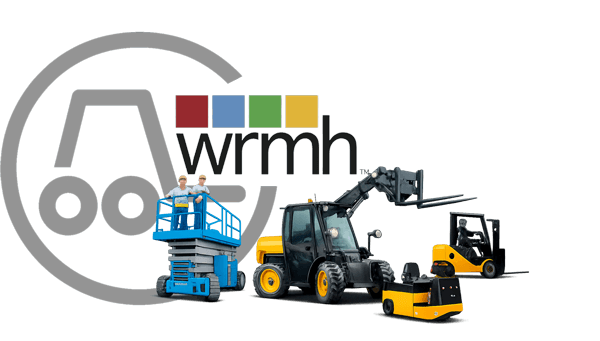The Benefits of Lithium-ion Forklifts for the Food Industry
Understanding Lithium-Ion Forklifts
In recent years, the food industry has seen a significant shift towards the adoption of lithium-ion forklifts. These advanced machines are revolutionising the way food warehouses and distribution centers operate. Unlike traditional lead-acid battery-powered forklifts, lithium-ion models offer several compelling advantages that streamline operations and enhance overall efficiency.

Enhanced Efficiency and Productivity
One of the most prominent benefits of lithium-ion forklifts is their ability to improve productivity. These forklifts charge rapidly, often in less than an hour, allowing for more operational time and less downtime. In the fast-paced food industry, where time is of the essence, this can lead to significant improvements in workflow and scheduling flexibility.
Lithium-ion batteries also support opportunity charging, meaning they can be charged during short breaks without impacting battery life. This is particularly useful in environments with non-stop operations, ensuring that forklifts are always ready to perform when needed.
Eco-Friendly and Safe
As industries worldwide strive for sustainability, the food sector is no exception. Lithium-ion forklifts contribute to this goal by offering a more environmentally friendly alternative to traditional forklifts. They produce zero emissions during operation, helping reduce the carbon footprint of warehouse operations.

Safety is another critical factor in the food industry, and lithium-ion forklifts deliver in this regard. These batteries are sealed units, which eliminates the risk of acid spills—a common concern with lead-acid batteries. Additionally, they don't emit harmful fumes, making them suitable for indoor environments where food safety is paramount.
Cost-Effectiveness and Longevity
While the initial investment in lithium-ion forklifts may be higher than traditional models, their long-term cost-effectiveness is undeniable. These batteries have a lifespan that is up to three times longer than lead-acid batteries, reducing replacement costs significantly over time.

Moreover, maintenance costs are lower with lithium-ion technology. There are no requirements for water refilling or equalization charges, which are necessary for lead-acid batteries. This reduction in maintenance needs not only saves money but also frees up valuable labor resources that can be redirected towards core business activities.
Improved Space Utilisation
The compact nature of lithium-ion batteries allows for better space utilisation within warehouses. Without the need for dedicated charging rooms or areas for battery swapping, businesses can optimise their space for storage and operational activities. This is particularly beneficial in the food industry, where maximising storage capacity can directly impact profitability.
Additionally, the reduced size and weight of these batteries contribute to better maneuverability of the forklifts, enhancing their usability in tight or confined spaces commonly found in food storage facilities.
The Future of Material Handling in Food Industry
The transition to lithium-ion forklifts represents a significant advancement in material handling technology within the food industry. As more businesses recognise the benefits of these modern machines, their adoption is expected to grow rapidly.

By investing in lithium-ion technology, food industry leaders can not only enhance their operational efficiency and safety but also contribute positively to environmental sustainability. As such, lithium-ion forklifts are becoming an integral part of future-ready logistics systems in the food sector.
